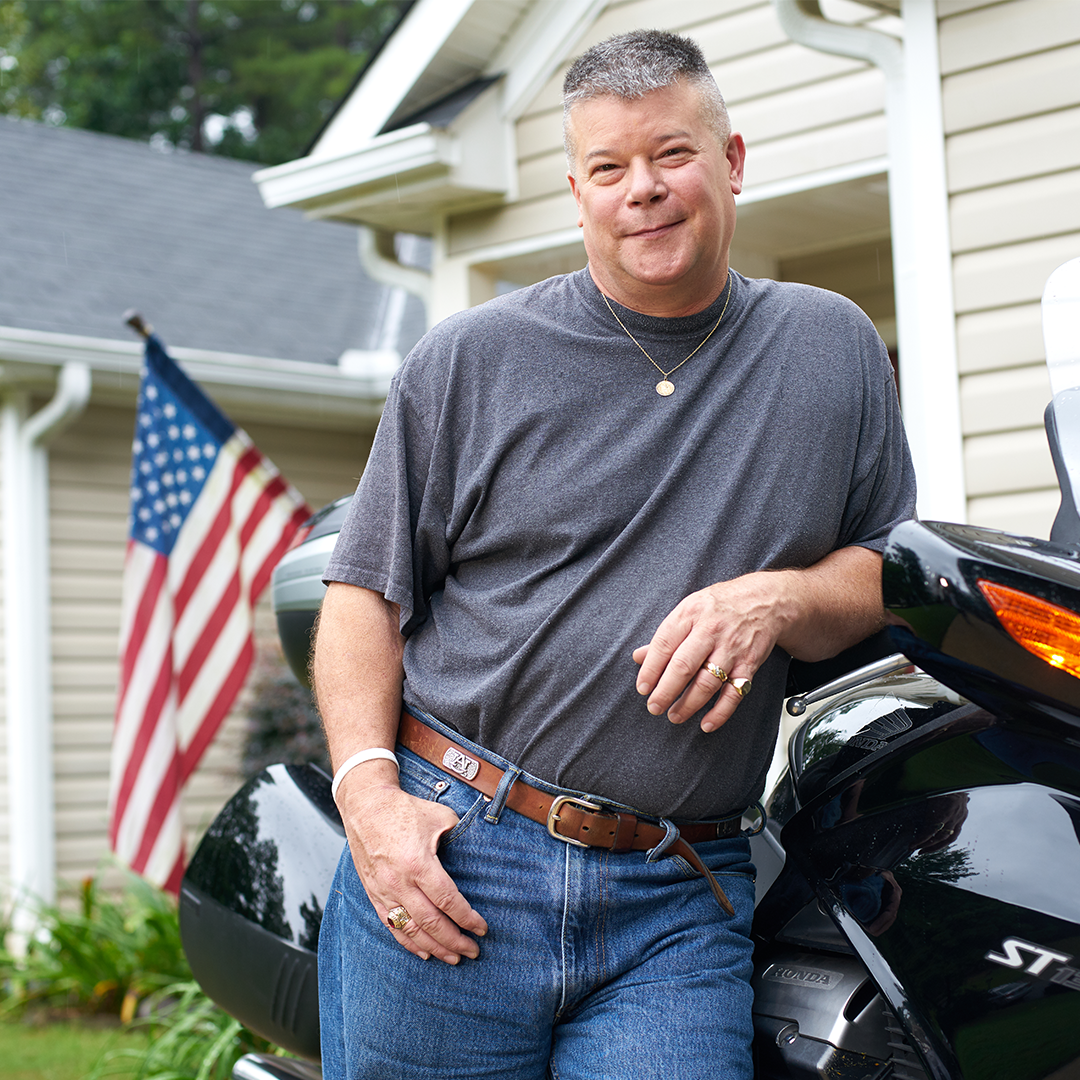


In 2014, Scott D. was diagnosed with 3B T3 colorectal cancer. At the time of his diagnosis, Scott was a self-described “gym rat” who spent his free time training for amateur bodybuilding competitions. After flagging symptoms to his primary care physician, Scott was told the words no one wants to hear: “You have cancer.” The news was deafening for the newly minted 50 year old. In the months following his diagnosis, Scott underwent multiple surgeries and 12 rounds of chemotherapy. Here, he details the advice he wishes he could share with a younger version of himself.